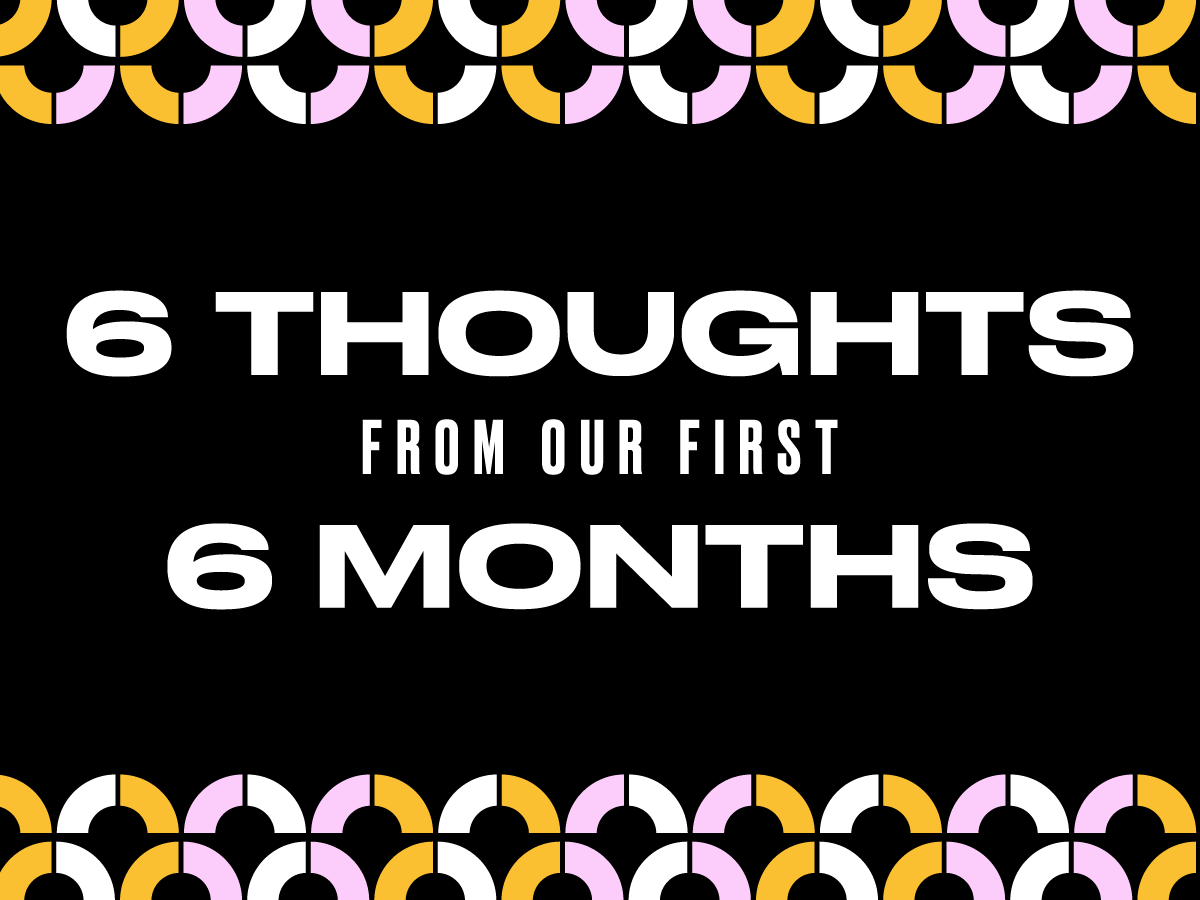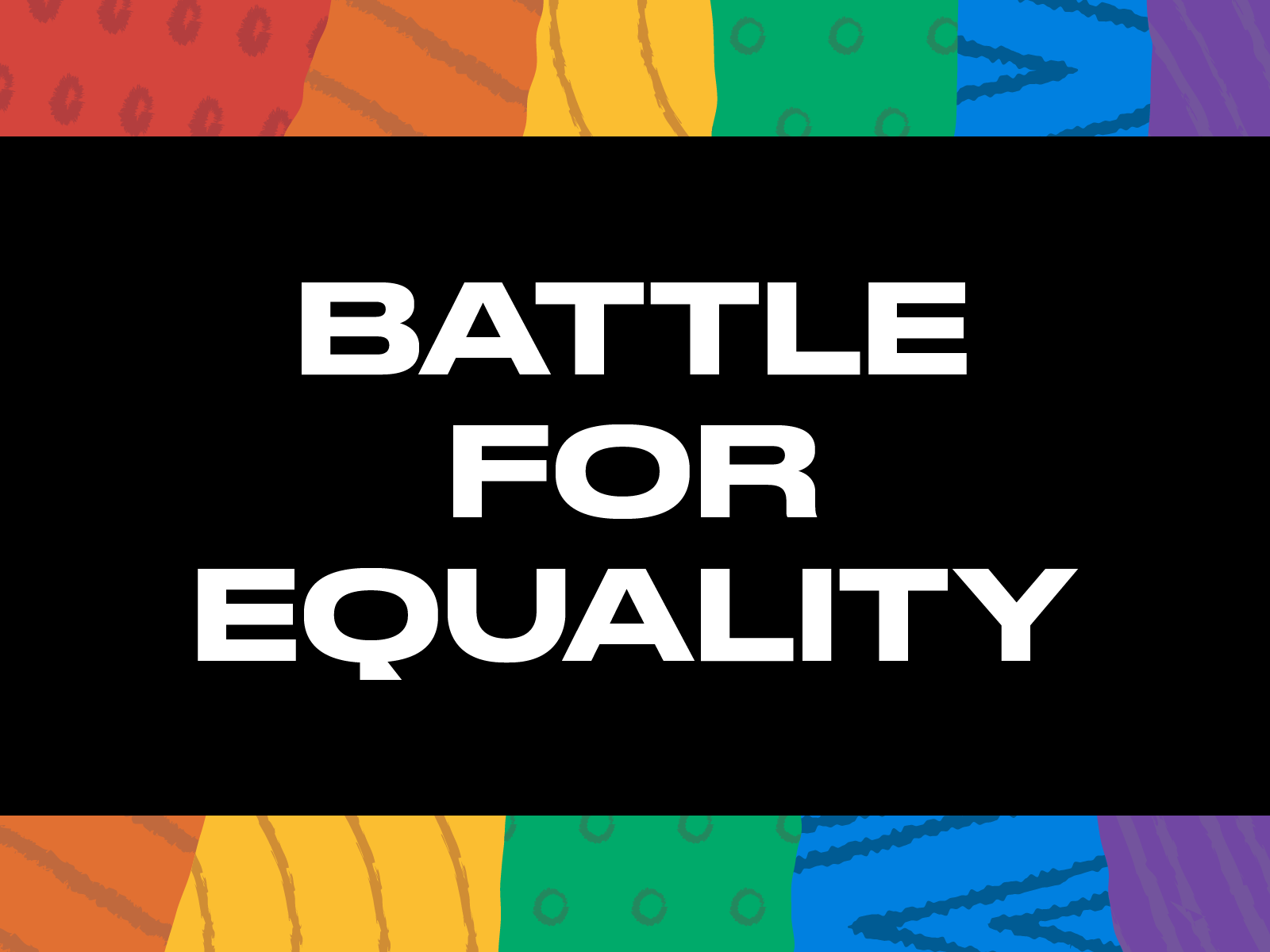Consumers Want Brands to Heal Divisions

“Our research shows us that the overwhelming majority of consumers agree on the importance of many core values .”
These are tricky times for marketers. Emotions are high, expectations are varied, and one misstep can set off a social media-fueled backlash. Consequently, it has never been more important for brands to be smart and intentional with their marketing efforts as people vote with their wallets for brands, products, and services that hold common values and share their beliefs.
What we learned in a nationwide study of 2000 Americans is that for the vast majority of people, their concerns are less focused on politics and societal issues and more focused on the personal worries and struggles of daily life. Across all generations, the two top personal priorities heading into 2020 are improving their physical health and personal finances.
In fact, what the majority of people want from brands today is for them to help build common ground, avoid taking sides, and support their personal priorities.
Of course, there are some demographic segments that respond positively to corporate political advocacy. But, this is not a universal or exclusive strategy for relevance in 2020. Authenticity is vital and people have a healthy degree of skepticism about brand activism with the vast majority saying too many brands use societal issues as a marketing ploy.
The ability to be relevant without being political or causal by championing common ground or shared values means that brands don’t need to sit on the sidelines if political advocacy is not an authentic approach for them.
With tensions already high and consumers feeling fear and fatigue about the state of politics, this is an ideal time for marketers to step forward with positivity. Here are some ways marketers can succeed and drive relevance in 2020:
Remind us of our humanity
Our research shows us that the overwhelming majority of consumers agree on the importance of many core values and that they see a number of these shared values – open-mindedness, fairness, compassion, honesty — as under threat today. Companies in all industries can broaden their relevance to more people by reminding us of our better values and our common ground.
Delta recently launched a campaign titled “Close the Gap.” The campaign shows how we are more connected than we are divided with a declaration that “we don’t fly to bring people together, we fly to remind us that we have never been far apart.” This campaign is an example of what we heard people tell us they want, celebrating what brings us together and reflects our shared humanity.
Do something don’t just say something
The nature of the 24/7 news cycle, the social media echo chamber, and the culture we live in creates a divisive climate. To counter this division, we believe brands can do well by getting up close and personal.
A great example of this is an initiative from Heineken last year entitled Worlds Apart. The idea was to see if two strangers divided by their beliefs could forge a connection and look beyond their differences. In a series of ads, the beer brand documented two people who came together with disparate views on transgender rights, climate change, and feminism. The individuals, who were unaware of each other’s different beliefs, were asked to collaborate to build a bar. And then when finished, enjoy a beer. Upon completing the task their different points of view were revealed, and they sat down to have a conversation. Ultimately, this unique initiative suggests that if people actually talked or came together to accomplish something, we might just broaden our perspective and find some common ground.
When to Take A Side
Based on the data from our national study, we’d say if your target consumer is young, liberal, and urban and your cause is authentic to your brand then you should feel confident pursuing a strategy of corporate political/cause-related advocacy.
Nike has nailed this truth with its award-winning campaign in support of Colin Kaepernick. While it has sparked an outcry from conservatives, Nike sales spiked after the campaign first launched, affirming the love, loyalty and support of their core customers.
The flipside of this “know your audience” example is what Soul Cycle experienced when the majority owner of the company was revealed to be planning a fundraiser for Donald Trump. Soul Cycle’s independent, urban, liberal, and largely female fan base quickly took to social media to denounce the brand’s association with the fundraiser and even more damaging, to cancel membership.
Heading into 2020, we found that liberals are more mobilized and motivated as a group and. brands who appeal to this audience have more to gain by stirring the political advocacy pot as long as it is authentic and relevant to the brand.
The data in our study underscores how opportunities for brands shift based on a number of factors such as age/generation, where people live, and their political affiliation and remind us that with an intentional approach brands can drive relevance and results in 2020.
Get the full DNA Foresight 2020 study, here: http://dnacreates.wpenginepowered.com/blog/2019/10/people-want-brands-to-heal-nationwide-divisions/



